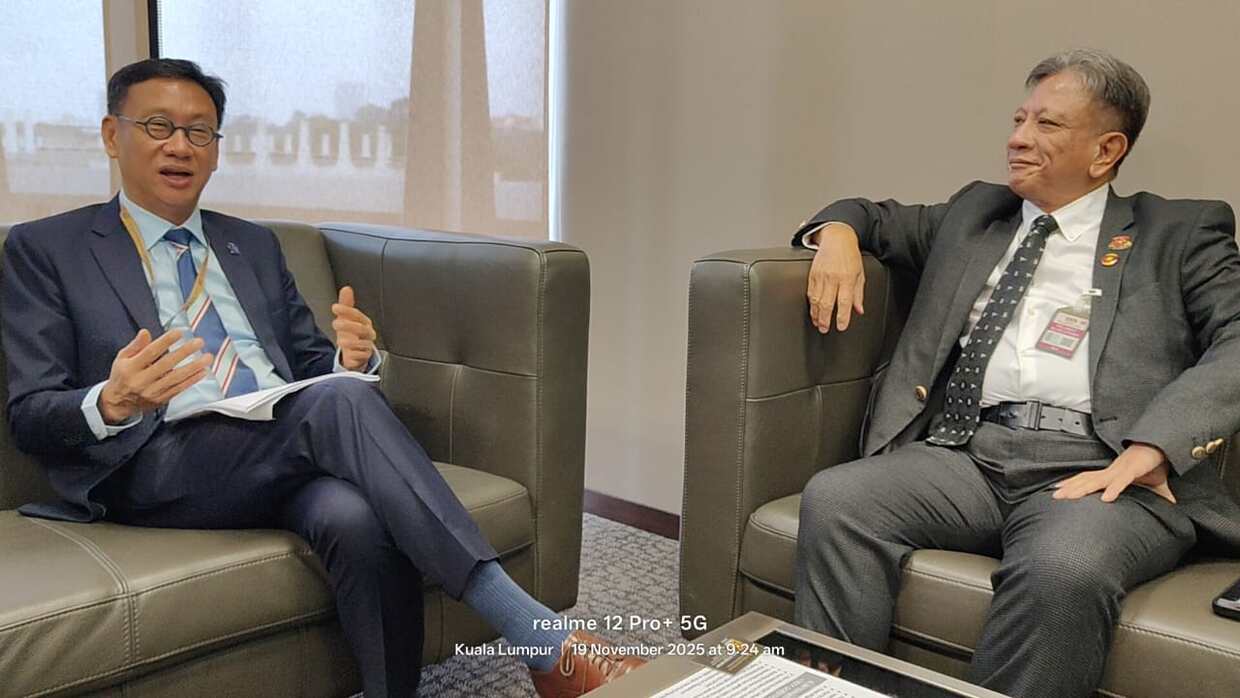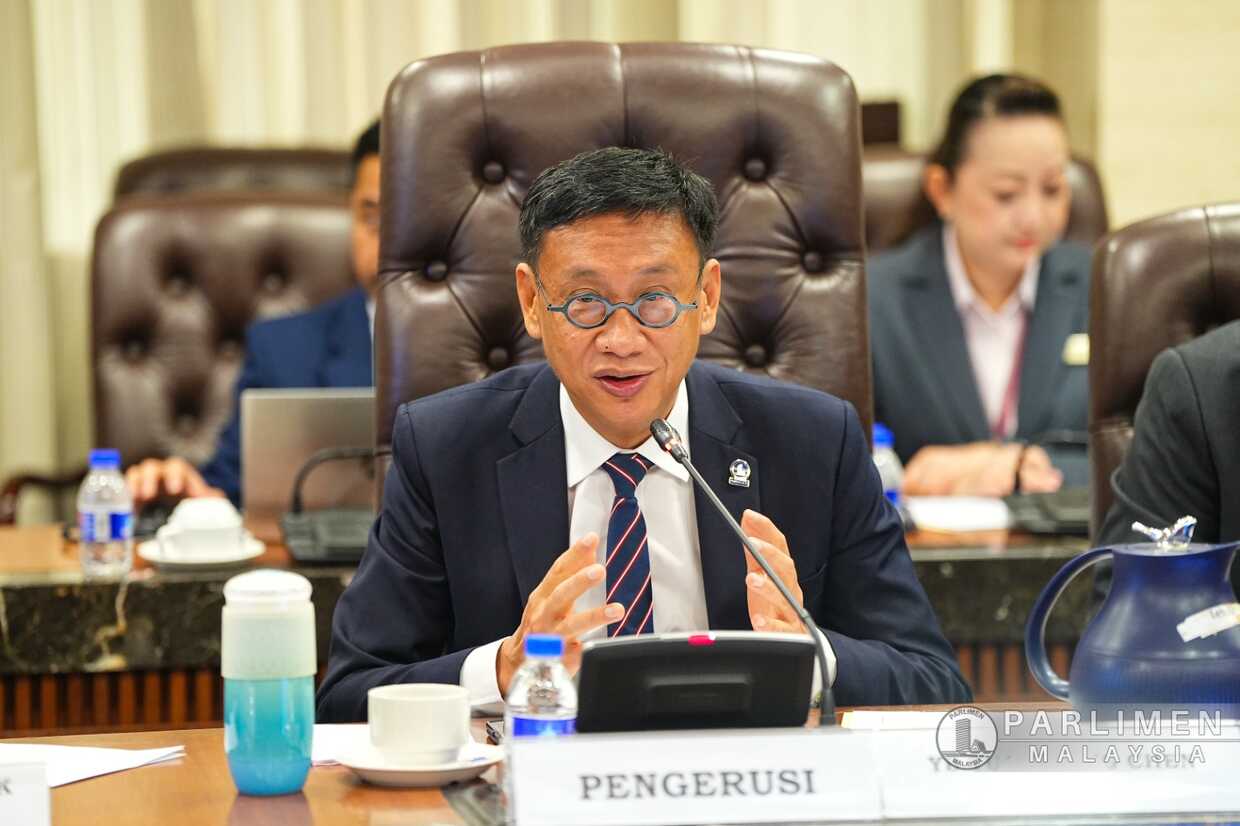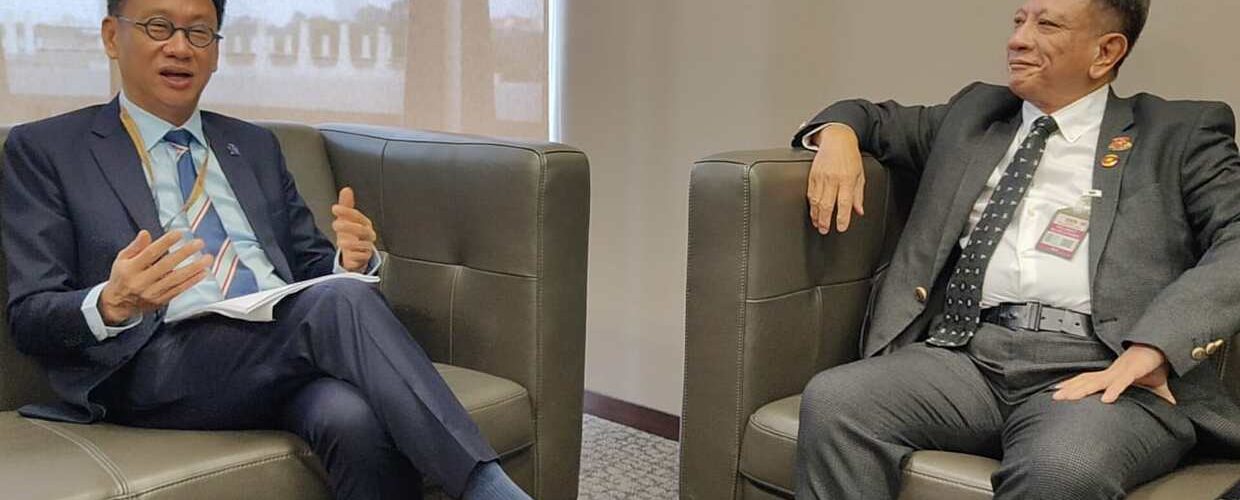Subang today stands as one of Selangor’s most dynamic urban communities, shaped by fast-rising population growth, dense development, and a diverse mix of families, professionals, and small businesses. With an estimated 478,000 residents in the Subang parliamentary constituency and steady growth projected for the wider Subang Jaya area, the demands on infrastructure, public amenities, transport systems, and drainage networks continue to intensify. As the constituency expands, so does its need for coordinated planning across federal, state, and local levels — a reality that forms the core of YB Wong Chen’s work as Member of Parliament for Subang.
Representing a constituency that houses one of the country’s highest concentrations of business entities and established neighbourhoods, Wong Chen’s daily responsibilities extend far beyond parliamentary debates. Subang’s complexity requires constant monitoring of development pressures, service delivery gaps, and community well-being, especially in areas such as traffic congestion, public transport access, and recurring flood concerns. These challenges reinforce his view that constituency work is only effective when national policies and administrative systems function smoothly on the ground.

Balancing community needs
Beyond his local commitments, Wong Chen plays a significant national role as Chairman of the Parliamentary Special Select Committee on International Relations and Trade. His work involves reviewing foreign policy, evaluating trade agreements, and studying global economic risks that could influence Malaysia’s long-term stability. The committee’s non-partisan reports and engagements with ministries, ambassadors, and policy experts are designed to strengthen Parliament as an institution and ensure decisions are guided by evidence and strategic foresight.
For Subang, this national perspective matters. As a transport-linked, economically active urban hub — served by LRT, BRT, commuter rail, and close to the Subang airport — global trends in trade, investment, and regional cooperation have direct implications for local job markets and business ecosystems. By shaping Malaysia’s strategic position internationally, Wong Chen also helps create a policy environment that supports vibrant urban communities like Subang, where economic growth and quality of life must advance hand in hand.

Building resilience through long-term planning
While immediate issues such as drainage, neighbourhood upkeep, and development monitoring take up much of his constituency focus, Wong Chen consistently places these concerns within a long-term planning framework. Subang Jaya’s land use is already heavily developed, leaving little room for expansion without careful, sustainable planning. With the population of the Subang Jaya city area projected to surpass 1.3 million in coming years, future resilience depends on strengthening basic infrastructure, enhancing public facilities, and ensuring that new developments are complemented by efficient transport, green spaces, and flood-mitigation systems.
Subang’s residents — many of whom are part of an aspirational middle class — expect reliable services, digital-ready facilities, and development that enhances rather than disrupts their community. By linking these local needs with national governance and international considerations, Wong Chen emphasises that modern leadership requires both grassroots responsiveness and strategic, long-term oversight.
Grounding national policymaking in real community challenges, Wong Chen presents a vision in which well-planned cities like Subang can serve as models of sustainable, people-centred urban living. This approach ensures local infrastructure keeps pace with rapid growth, development remains responsible, and public systems are strengthened to support daily life, while at the national level it contributes to economic resilience and future-ready governance.












Add comment